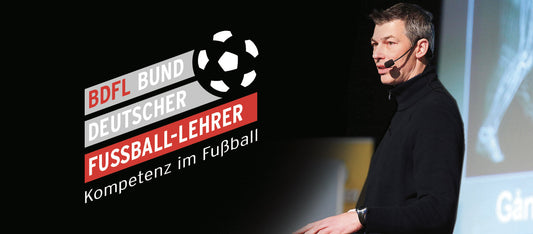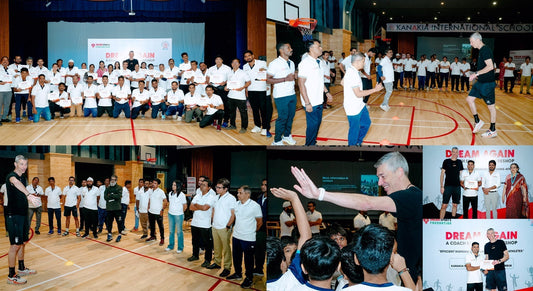In the world of sprint training, every hundredth of a second matters. Training programs often focus on technique, strength, or volume—but a new study suggests a surprising shortcut: language. Verbal cues like “push the ground away” can create immediate improvements in sprint speed. Here’s how this insight can transform your training toolkit.
The Study
Researchers from the University of Essex, working with Tottenham Hotspur’s youth academy, tested whether mental imagery and verbal cues could improve performance. They asked teenage soccer players to sprint 20 meters using vivid instructions—like imagining they were pushing the earth beneath them. Remarkably, this led to an average 3% speed increase, equivalent to shaving 0.03–0.05 seconds off short sprints. That might not sound like much, but in competitive track and pitch sports, it can be game-changing
Why This Works
Psychology offers clues. Cognitive neuroscience shows that vivid metaphors engage motor planning areas of the brain. Cueing like “push the ground away” creates clear neural targets—focusing not on muscles, but on action. The result? More efficient motor patterns, sharper focus, and enhanced muscle recruitment—all in real time.
Practical Application
Integrating verbal cueing into training is simple and cost‑effective:
-
Choose a visual metaphor (e.g., “jump into your shoulders” when doing plyometrics or “push the ground away” when sprinting).
-
Deliver it just before your effort—for priming.
-
Compare heights 6 times: jump or sprint with and without the cue to see impact.
-
Embed into warm‑ups, drills, and competitive runs as a mental booster.
Doesn’t Replace Physical Training
This strategy doesn’t eliminate strength, technique, or conditioning work. But it enhances them. Use cueing as mental fuel, not a training substitute. It’s especially useful during fatigue or technical sessions, offering a quick reset and performance lift.
Who Should Use It
-
Youth coaches stepping into sprint training.
-
Semi‑pro and elite athletes seeking marginal gains.
-
Sports psychologists supporting mental prep.
-
Fitness instructors training runners or team sport athletes.
Final Take
In high‑performance environments, the smallest edge matters. This isn’t about adding training—it’s about tuning the mind. A single phrase, timed well, can sharpen execution and unlock speed. Try it next session: speak less, cue smarter, and sprint faster.




